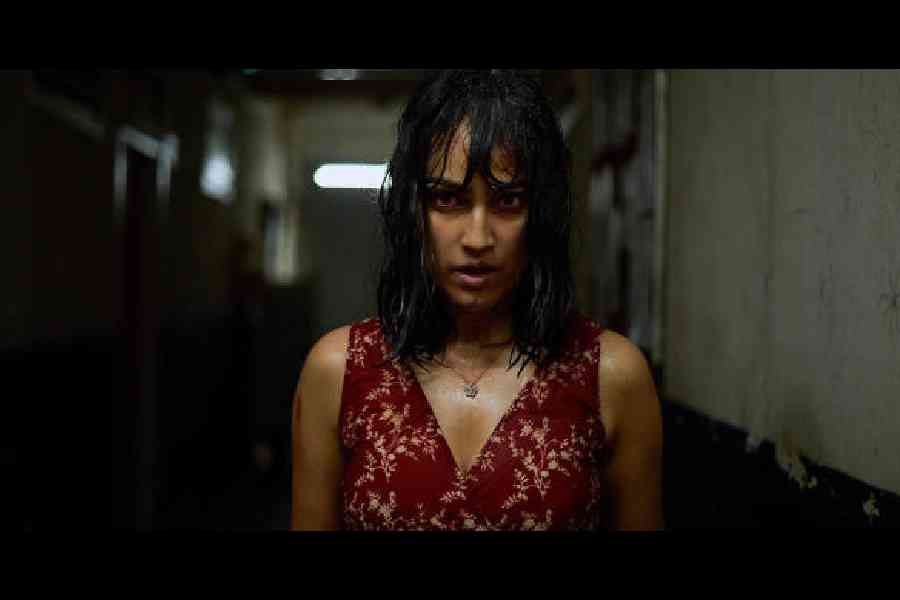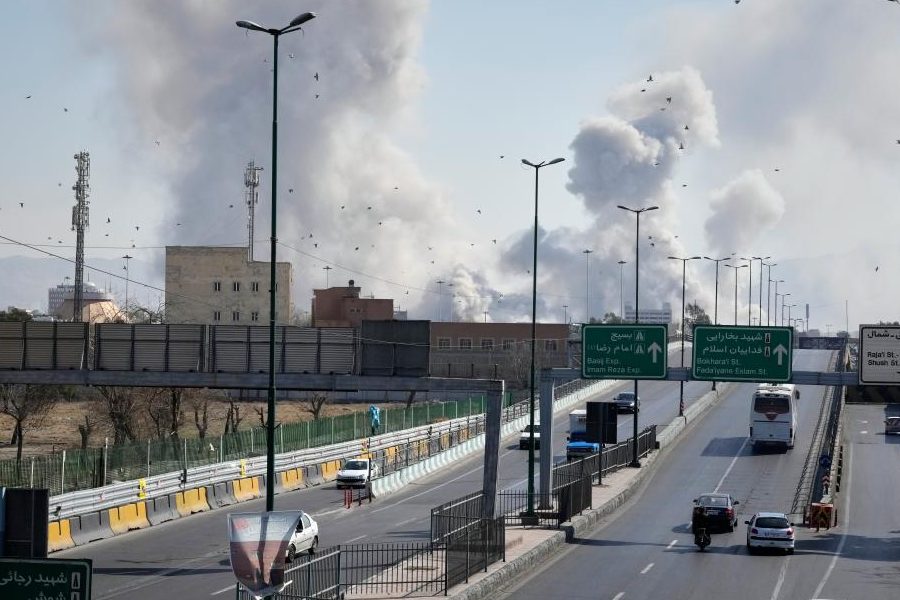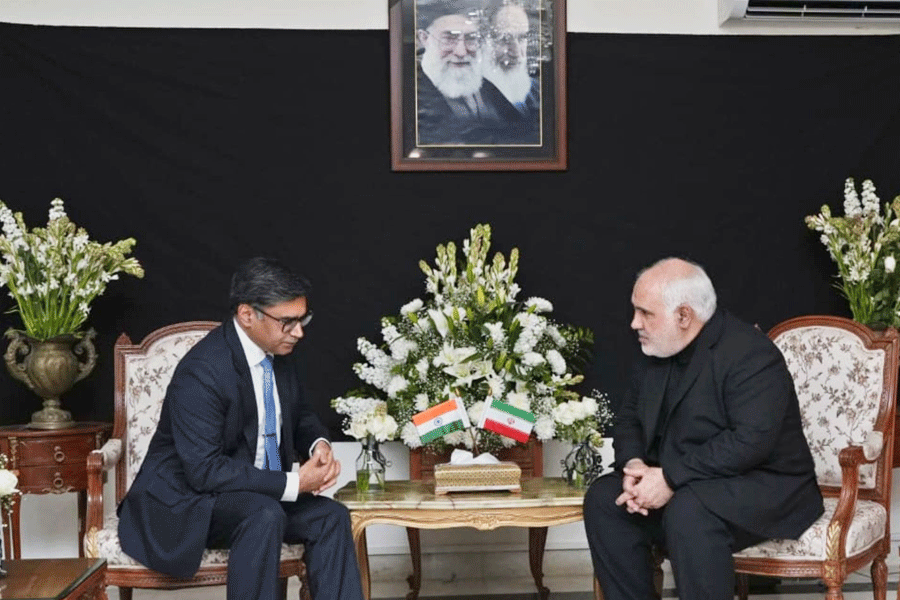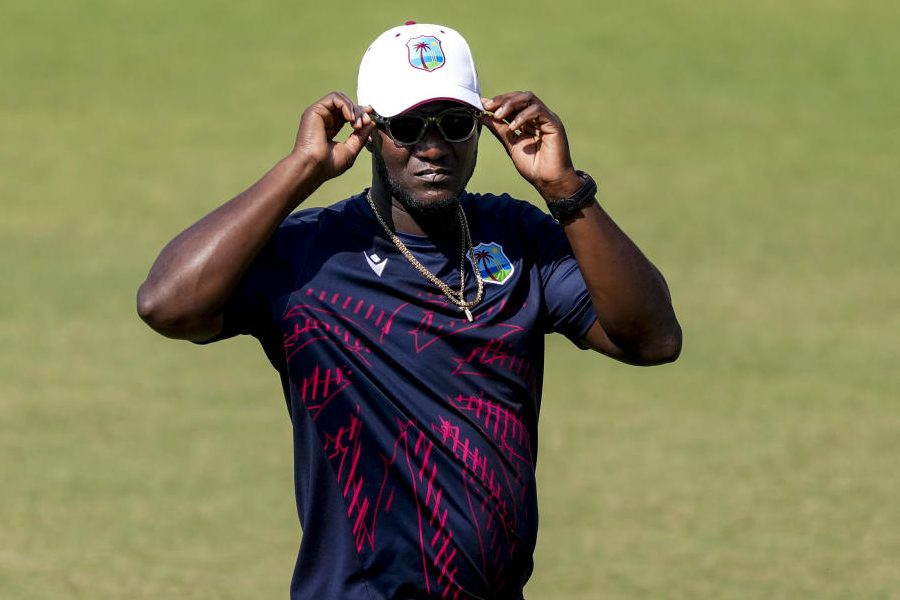Over the years, Alokananda Dasgupta’s name has come to be associated with niche but memorable soundtracks for seminal projects like Sacred Games, Trapped, Jubilee and many more. Alokananda has just made her Bengali film debut as composer for Suman Ghosh’s Puratawn, starring Sharmila Tagore and Rituparna Sengupta, and is also earning huge praise for her clutter-breaking music in the much-feted Amazon Prime Video horror series Khauf. t2 caught up with the Calcutta girl, now based in Mumbai, whose father is the late legendary filmmaker Buddhadeb Dasgupta.
What was the experience of scoring for Puratawn, your first Bengali film?
Sumanda (Suman Ghosh, director) had asked me to work with him. But I felt my connection with Calcutta and with the world of cinema there was done after Baba (Buddhadeb Dasgupta). I didn’t have any thoughts of going back. I had worked with Aditya (Vikram Sengupta) on Labour of Love, but it was a silent film. I wasn’t sure about how to keep alive my connect with Calcutta apart from the restoration of Baba’s films and putting up a concert. Baba wanted Didi and me to be classical pianists.
But then came Suman Ghosh, and the coincidence was that he teaches economics in Florida and Baba, in his initial days, also used to teach at Scottish Church College. Sumanda told me how much he loved Baba’s films. Speaking to people who knew and loved my parents and their work is a way for me to feel connected to them in new ways. I found the script of Puratawn to be very close to home. Taking care of ageing parents has been a part of mine and my sister’s lives. My relationship with Calcutta has always been about memories, both good and bad. Memories are very dichotomous... a part of the brain wants to forget them and the other part wants to restore them. I also felt this connection with the story since it deals with the gradually fading memory of its protagonist (played by Sharmila Tagore). I wanted to work on the film for the story and because Sumanda is such a thoughtful, kind, scholarly gentleman.
But I wasn’t sure if I would be allowed to experiment and speak my mind through my music, whether I could do what I had done with the music of Baba’s films like Anwar Ka Ajeeb Kissa, Tope and Urojahaj. Also, my songs are a bit unique. Sometimes there is no antra or mukhra. In fact, the song (Dooray) for Puratawn is a ballad. The chorus comes right in the end, it does not get repeated. Sumanda had told me it’s a bittersweet film, that there is something positive in it, but I wasn’t finding anything positive because I was instantly associating it with my personal life, my relationship with my parents and how a terminal illness, whether it is dementia or anything else, is a downhill journey. I wanted to score something different... so I used a lot of ethnic plucked strings. I used the clarinet, I used a lot of cellos which is my primary instrument.
Luckily, they got us Shreya (Ghoshal) to sing the song. We interacted for a long time. She loved the song, she thought it was very unique and she instantly brought on a voice which was more sombre.
I recorded certain parts of it in Calcutta. It felt comfortably familiar but nothing like how it was before Baba passed. That was a different time too. Now it has changed a lot. I felt that Puratawn may be the right time for me to re-establish my connection with Calcutta musically.
You must have got offers from Calcutta before Puratawn...
Yes, there were two. But I was not able to find my vision or my place there.
Honestly, my music connect with Calcutta is more in the realm of Western classical music. I want to know where the concerts are taking place... who are the new people who are playing; is there a new instrumentalist or a new addition to the orchestra... what kind of workshops are being done.... There is a beauty, a vibrance, a familiarity in the live music scene in Calcutta that you rarely get anywhere else.
I have grown up being surrounded by cinephiles and also lived in a culture
of music bands and their concerts, of singing on the chhaad and playing the guitar and having endless adda about music and movies. The romanticism of music is still alive and it draws me in more than the present climate of cinema in Calcutta. Calcutta is where I first listened to Pink Floyd, my first Beatles album... this is where I first listened to Kabir Suman. But as I told you, I don’t recognise it from what it was then. Is it the loss of parents? Is it the passage of time? I don’t know.
You have done some stellar work in Mumbai over the last decade. How do you look back and ahead?
A lot has changed post-Covid. We are now looking at the battle between theatrical success and OTT eyeballs, the fear of AI taking over, the thought that we may not go back to the golden years of cinema.... Also, the battle between making money and making good projects. This has created such a vulnerable state even in Bombay. Everybody is in survival mode. Socio-economic changes affect entertainment, art and creation.
But you would count yourself fortunate because you have had the opportunity to work with like-minded people and given the kind of creative freedom that perhaps many others don’t have...
Absolutely, no doubt about it! Especially because I bring in a set of skills which is different from what is expected in Bombay. I was lucky enough to get projects which were the right ones for me to express what I have to say musically.
But because I bring in a unique template, I knew right at the beginning that there are only a few people I will be able to collaborate with. I never had the personality to go out and network but I continue to pursue certain things within certain circles.
Your latest work is the horror series Khauf, which is in so many ways — including your music — such a clutter-breaker. What went into working on that project?
I am big horror fan. I lost my connect with it for a while because I felt it disturbed me. But I regained my relationship with it and developed a very specific taste of horror, films like It Follows and Ravenous. Then I started going deep into the soundtrack of horror films, whether it was Alfred Hitchcock’s cinema or Jaws.
I have always been dejected by how horror has mostly been handled on our screen. Then Smita Singh, one of the writers of Sacred Games which I had worked on, came up with Khauf. I read the script and found it to be sublime with a very tight third act. It has both external and metaphorical horror, none of which feels forced. The metaphor of misogyny and that of a woman’s voice being lost, especially in a city like Delhi, was seamlessly woven in. It is a beautiful piece of writing.
I liked the fact that the series had a lot of daylight horror scenes and didn’t use jump scares as a tool. It immediately ticked many boxes of the kind of horror I like. It has the poetry of classic horror like Rosemary’s Baby. It has a resolution, the feminism and horror angle and a very timely twist.
The relationship between horror and music has really not been explored in India. Horror on our screens has always been associated with a lot of noise and electronic elements. From the beginning, my approach was different. It was very nuanced. I recorded noise that normally bothers me a lot and I attempted to create a balance between that and electronic sounds. I wanted to pay homage to the horror films I like. There is a number called Coming Undone and another named Don’t Turn Around. Both of them are based out of something pleasant, but they slowly turn into fear. A lot of horror — like Rosemary’s Baby and Pan’s Labyrinth — use lullabies. So the use of something seemingly innocent turning into a thing of horror was a tribute I wanted to attempt.
There is no greater horror than real-life horror and no bigger horror than the present itself. The depiction of that in Khauf was very inspiring. It is a world of horror that creates its own world, that creates its own narrative. It does not follow any known patterns.
I recorded the music in my studio where there is no window and no natural light. I felt trapped in my own head. I steer away from the thought of pain as being good for art. I think one must be healthy and generally okay to be able to create. But at that time, I felt exactly what the girls in the hostel in Khauf were feeling. I knew I couldn’t make the music atmospheric and ambient... the sound guy was already doing that.
The challenge was to make it not atmospheric and yet create a sound palette that had a certain quality to it, which one could identify different scenes with.
What are you on to next?
There is a Yash Raj (Films) series that I am working on now which is a very different world from the two projects I have just worked on. I am using a lot of big sounds, but also trying to be subtle. It has Keerthy Suresh and Radhika Apte and is called Akka. It will be on Netflix. I want to go back to playing the piano and eventually try to play well enough to be able to put up a concert for Baba.











